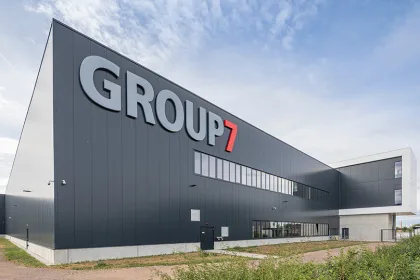Environmental regulations, high carbon emissions, and the need for energy quality and efficiency are expected to boost the demand for smart grid technologies in Europe. Being a front-runner in the enforcement of environmental policies, the region is likely to see utilities increasingly install new smart grids and consumers upgrade existing systems to leverage demand response options. These allow consumers to reduce or shift their electricity usage from peak periods to lower costs and help electric system operators to balance supply and demand.
New analysis from Frost & Sullivan, Revisiting the European Smart Grid Demand Response (DR) Market, finds that investment activity will grow in the market with the need to replace ageing electric utility infrastructure, which is estimated to be between 70 and 80 years old in most of Europe. The major investors in smart grid projects are IT and networking companies, transmission system operators, manufacturers/contractors, utilities and energy companies, distribution system operators as well as universities, research centres and consultants.
“Smart grid technologies provide an excellent option for investors to maximise the use of existing infrastructure through better monitoring and management solutions, while strategically deploying new infrastructure on a sheer requirement basis,” said Frost & Sullivan Industrial Automation & Process Control Industry AnalystDeepak Achuthashankar.
Eventually, numerous aggregators will emerge in the European smart grid market due to the need to incentivise DR programmes. In fact, the varying degrees of complexity observed in every European nation’s regulatory framework will give rise to a pool of aggregators specific to each country.
“Aggregators will act as an intermediary between utilities and end users, playing a balancing act to address the electricity demand-supply disparity,” pointed out Achuthashankar.
“Their role will become progressively important in the region as industrial consumers have expressed their willingness to shift loads.”
In the European context, consumer awareness and participation is crucial to the success of smart grid projects. It is therefore imperative that consumers trust and understand the whole smart grid process and receive tangible benefits.
As consumer awareness rises, ICT providers will also witness more opportunities in the region’s smart grid DR market. Due to technological maturity, however, machine-to-machine technology providers will need to forge alliances, develop interoperable standards, and leverage data to boost sales in the market.
































